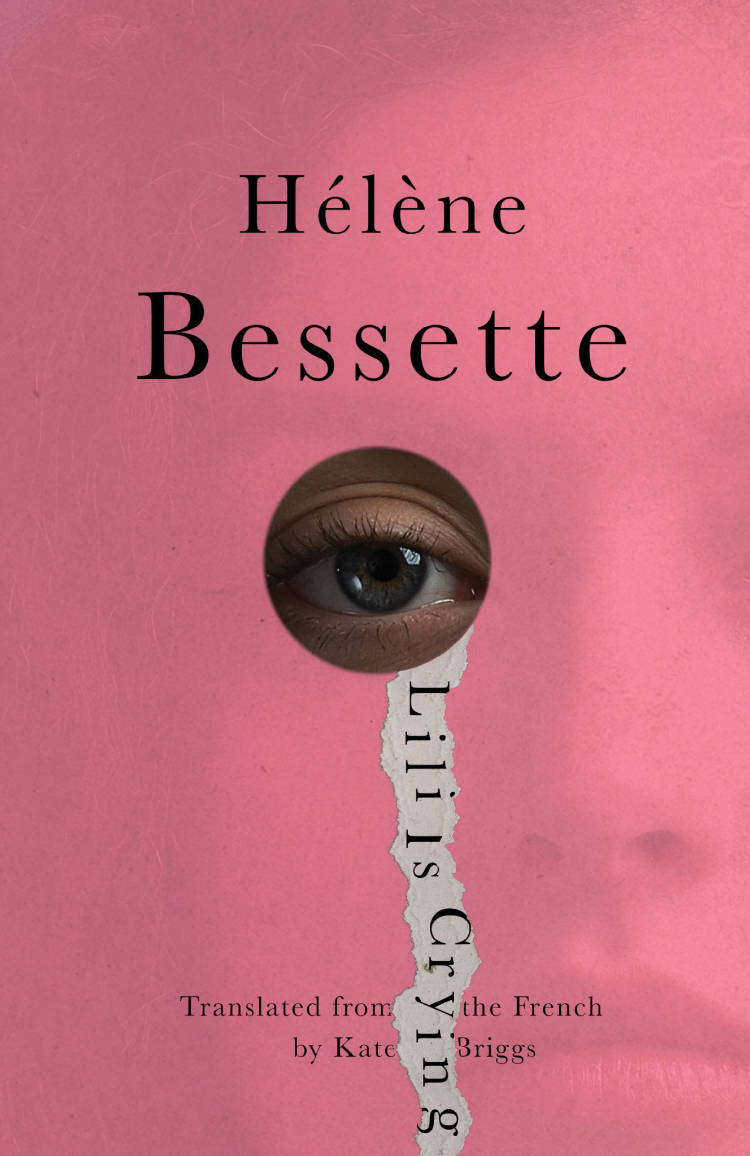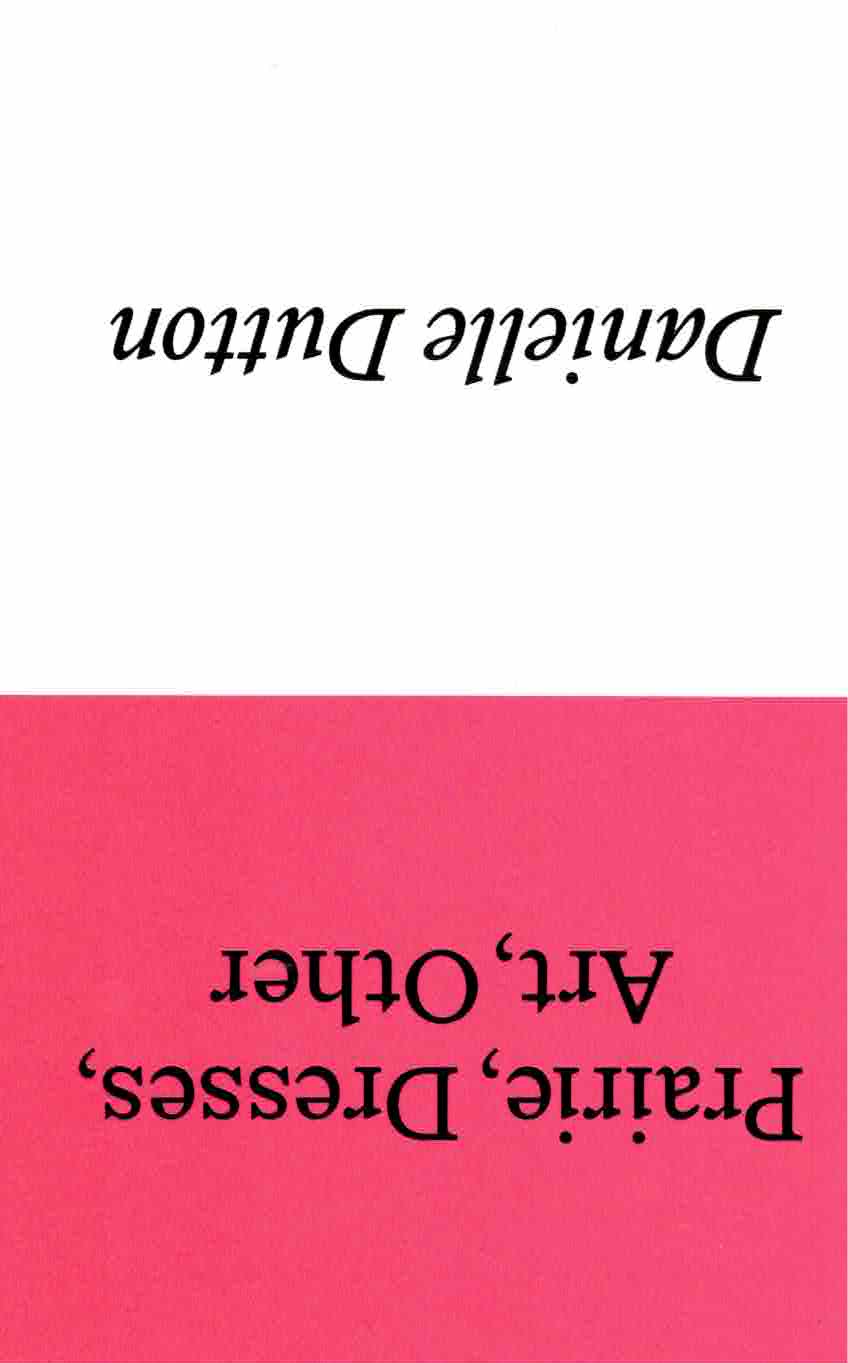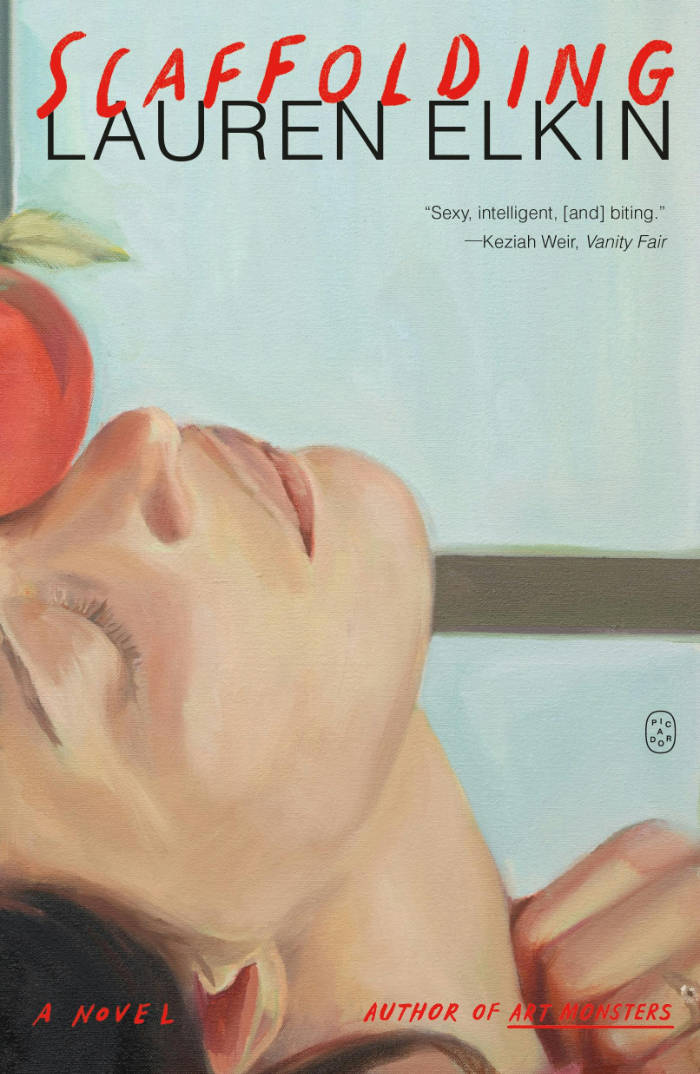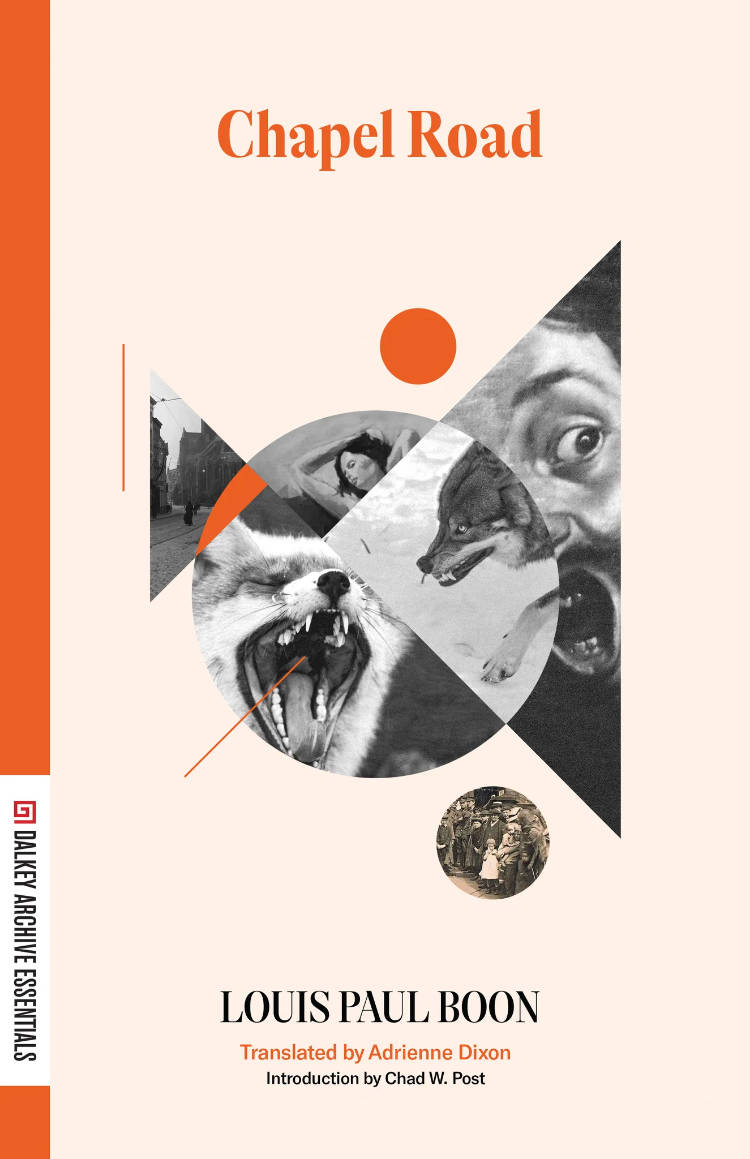
The Long Form
The Long Form is the story of two people composing a day together. It is a day of movements and improvisations, common and uncommon rhythms, stopping and starting again. As the morning progresses, a book – The History of Tom Jones by Henry Fielding – gets delivered, and the scope of the day widens further. Matters of care-work share ground with matters of friendship, housing, translation, aesthetics and creativity. Small incidents of the day revive some of the oldest preoccupations of the novel: the force of social circumstance, the power of names, the meaning of duration and the work of love. With lightness and precision, Kate Briggs renews Henry Fielding’s proposition for what a novel can be, combining fiction and essay to write an extraordinary domestic novel of far-reaching ideas.
Kate Briggs grew up in Somerset, UK, and lives and works in Rotterdam, NL, where she founded and co-runs the writing and publishing project ‘Short Pieces That Move’. She is the translator of two volumes of Roland Barthes’s lecture and seminar notes at the Collège de France: The Preparation of the Novel and How to Live Together, both published by Columbia University Press. The Long Form follows This Little Art, a narrative essay on the practice of translation. In 2021, Kate Briggs was awarded a Windham-Campbell Prize.







